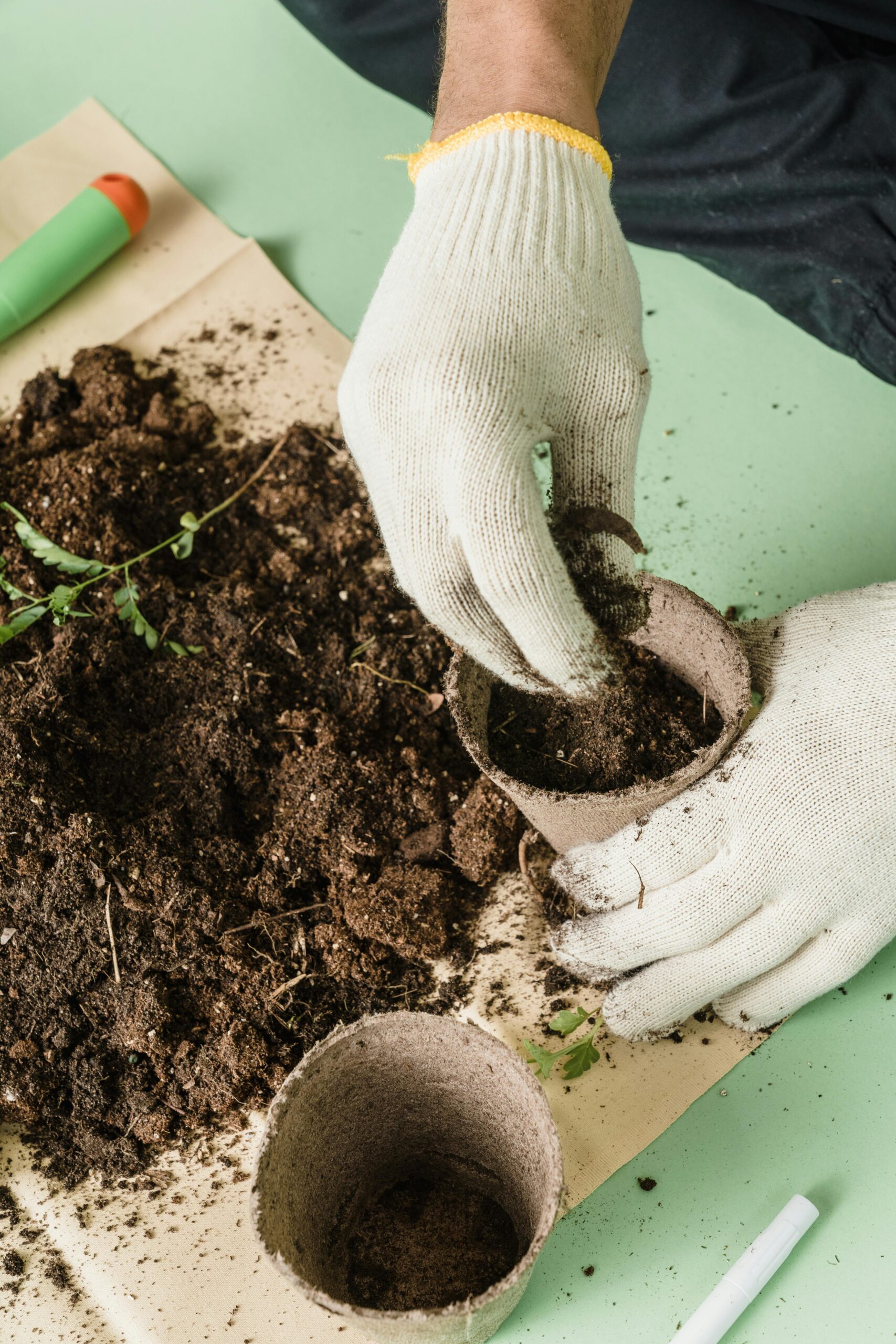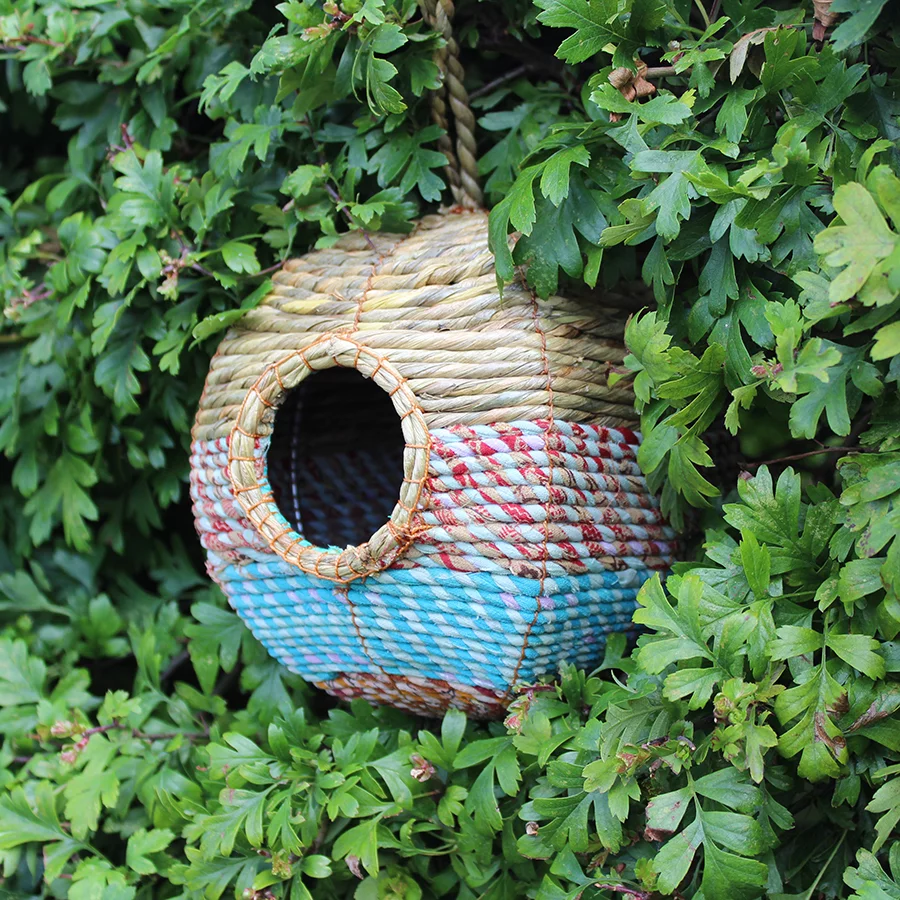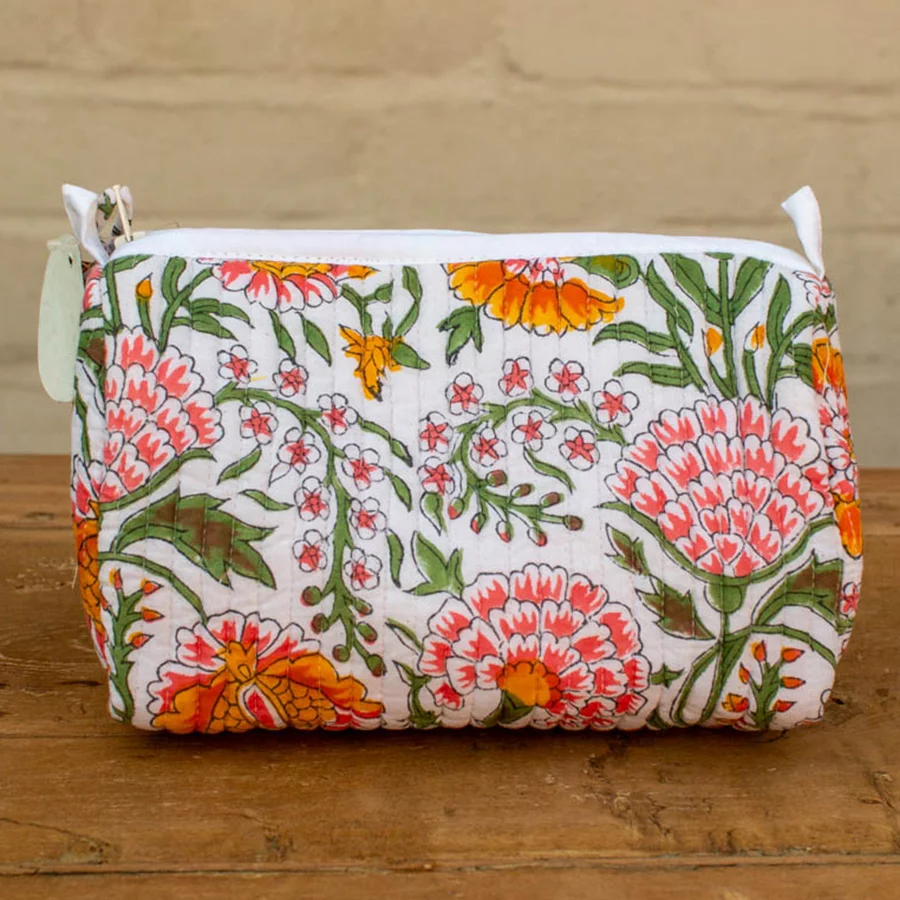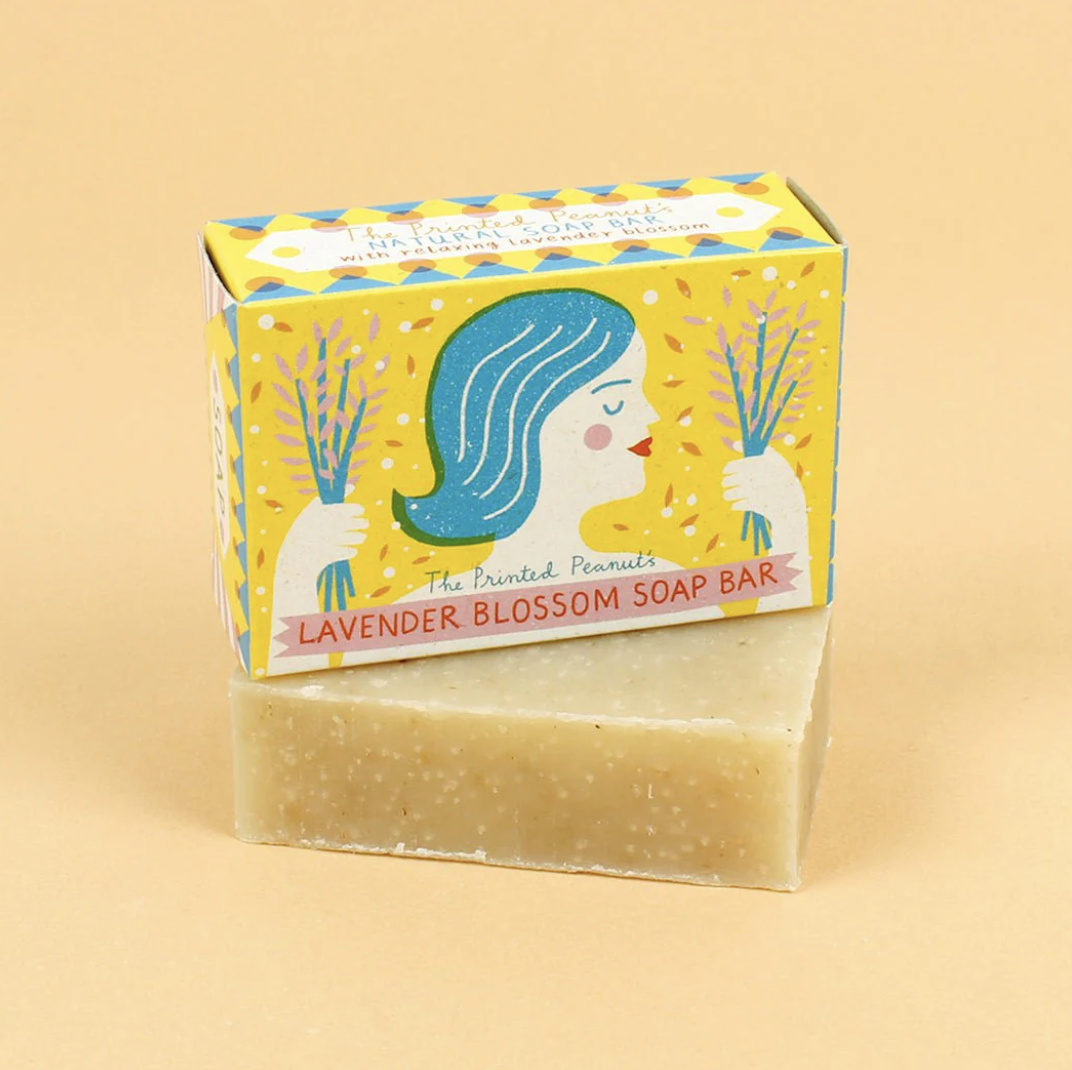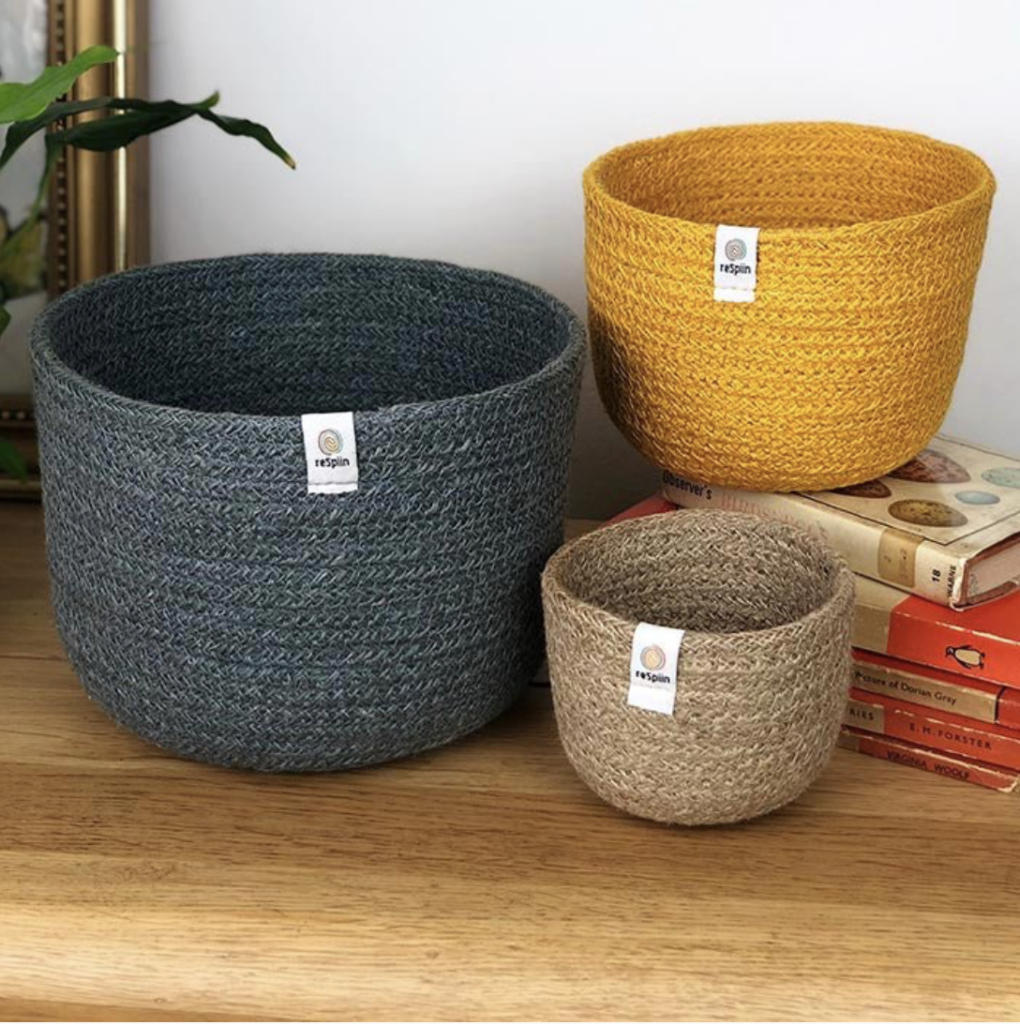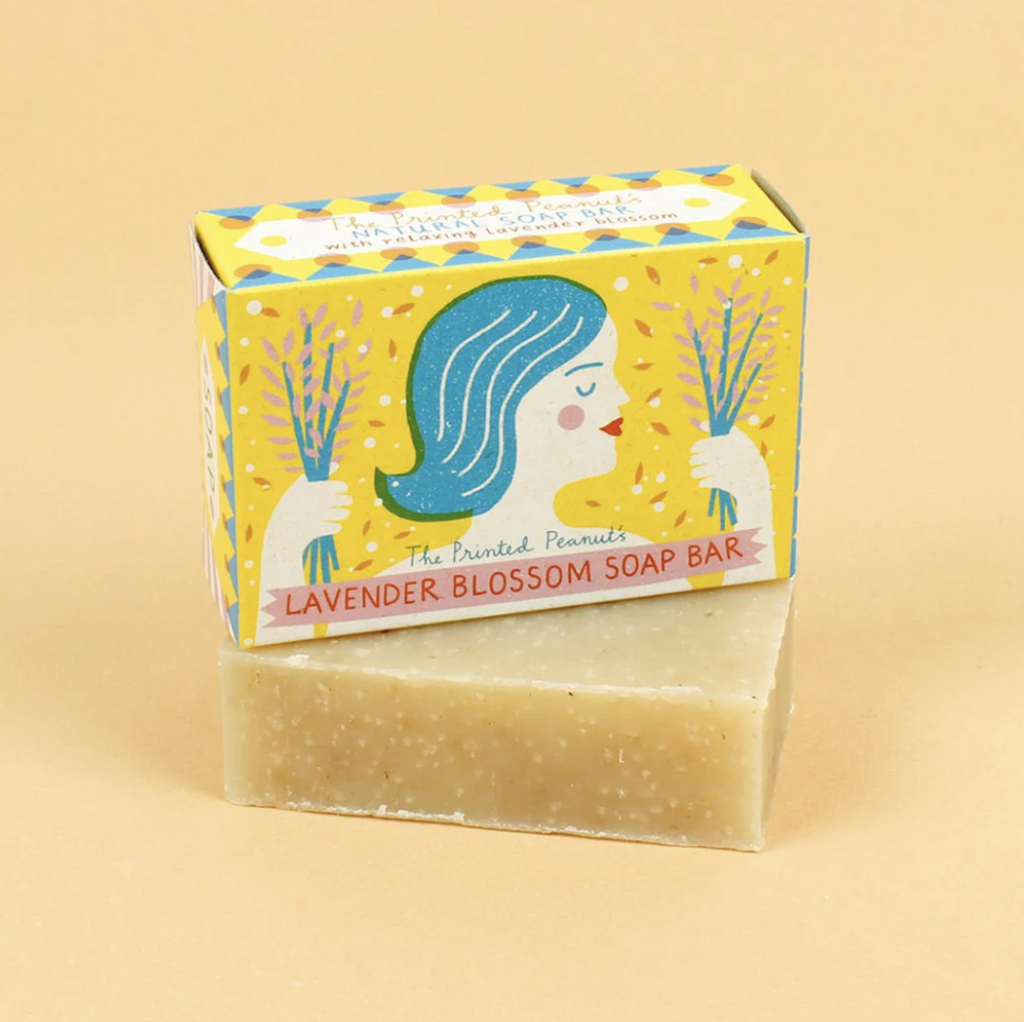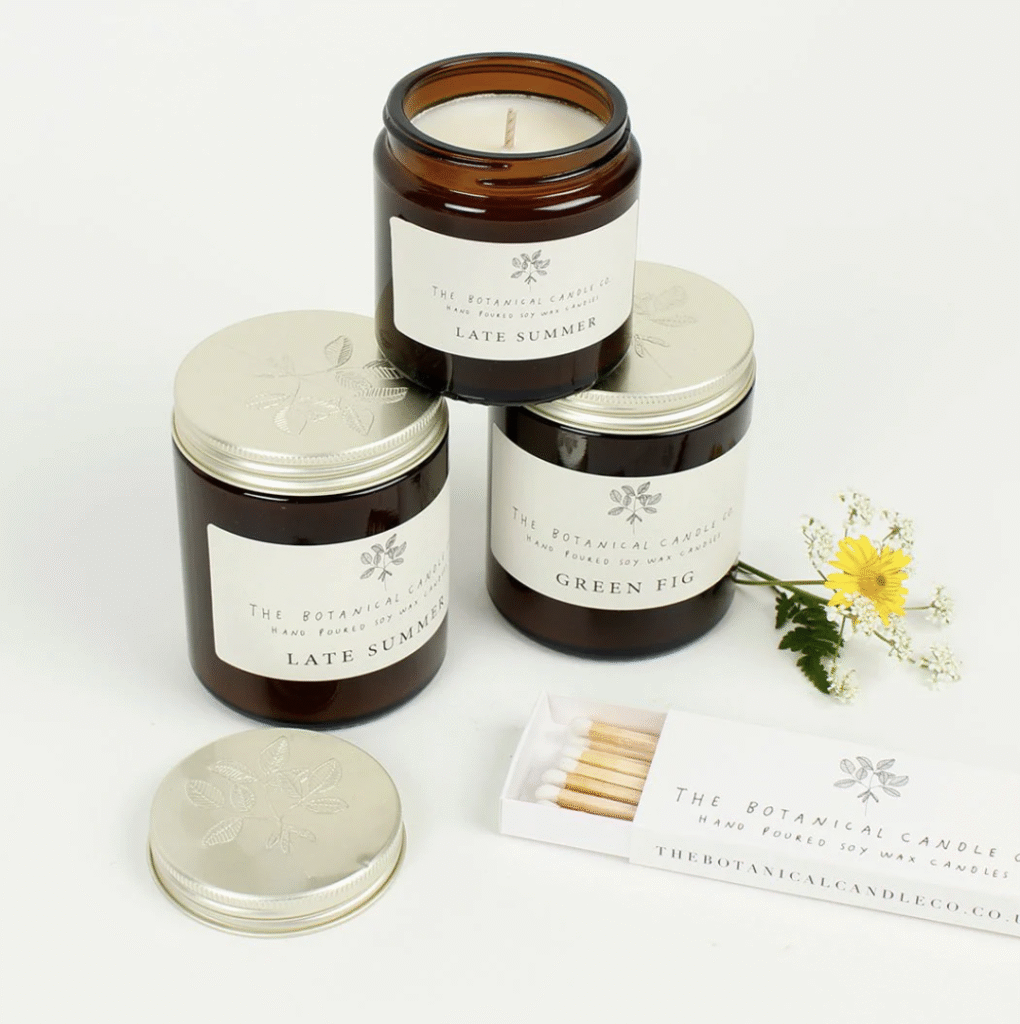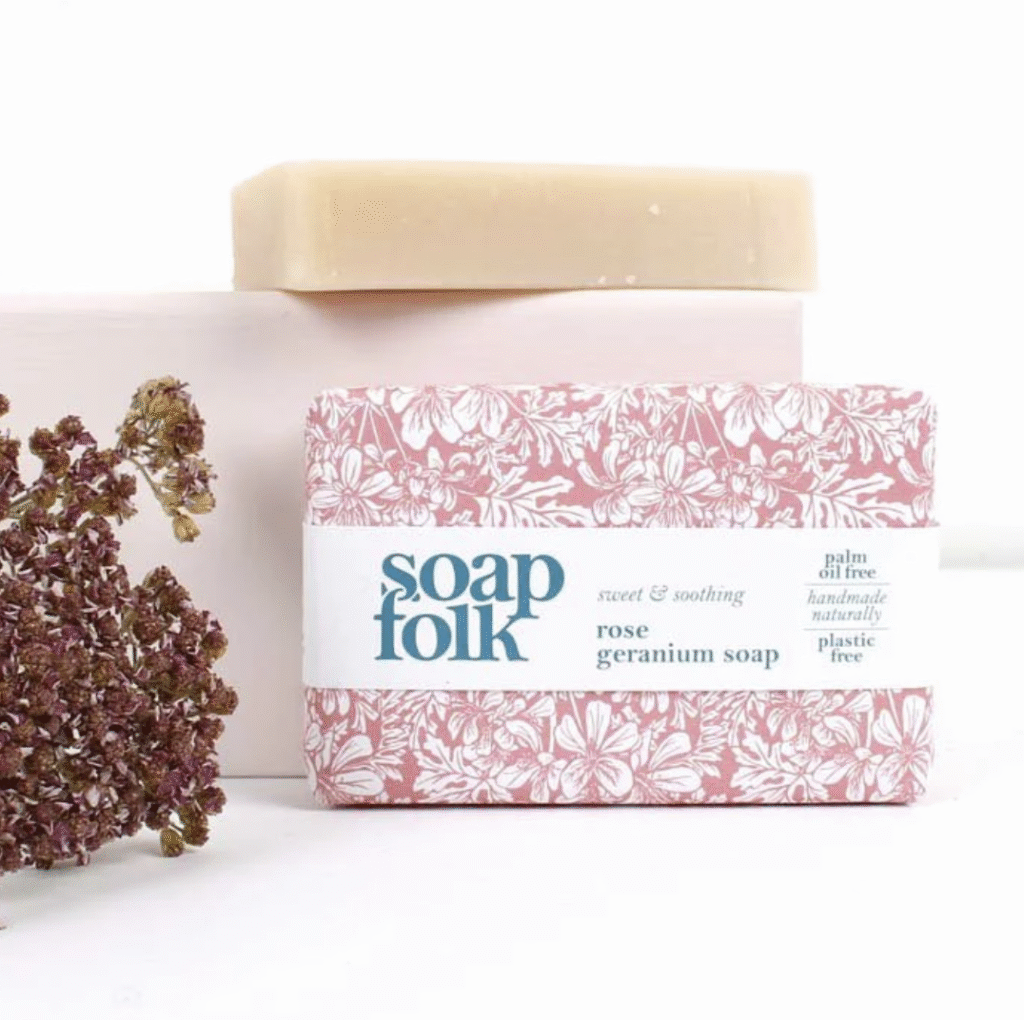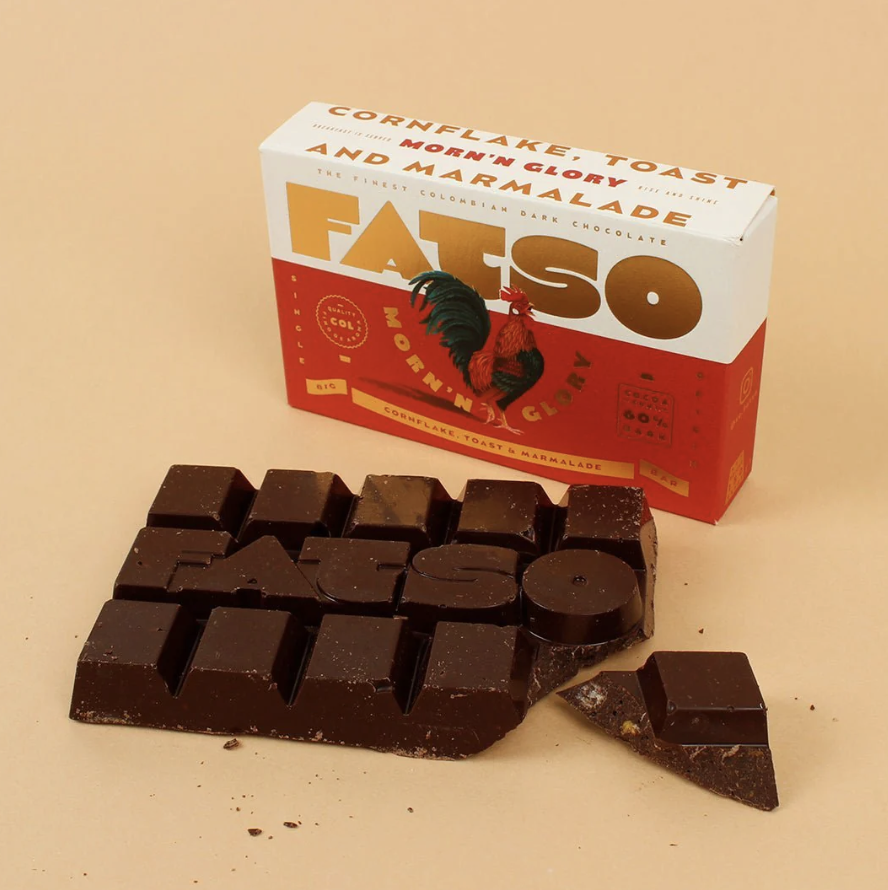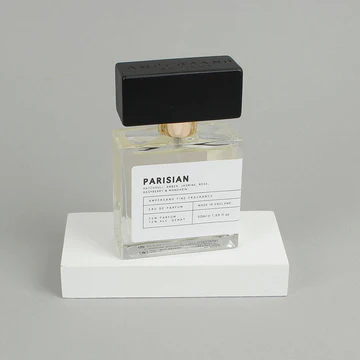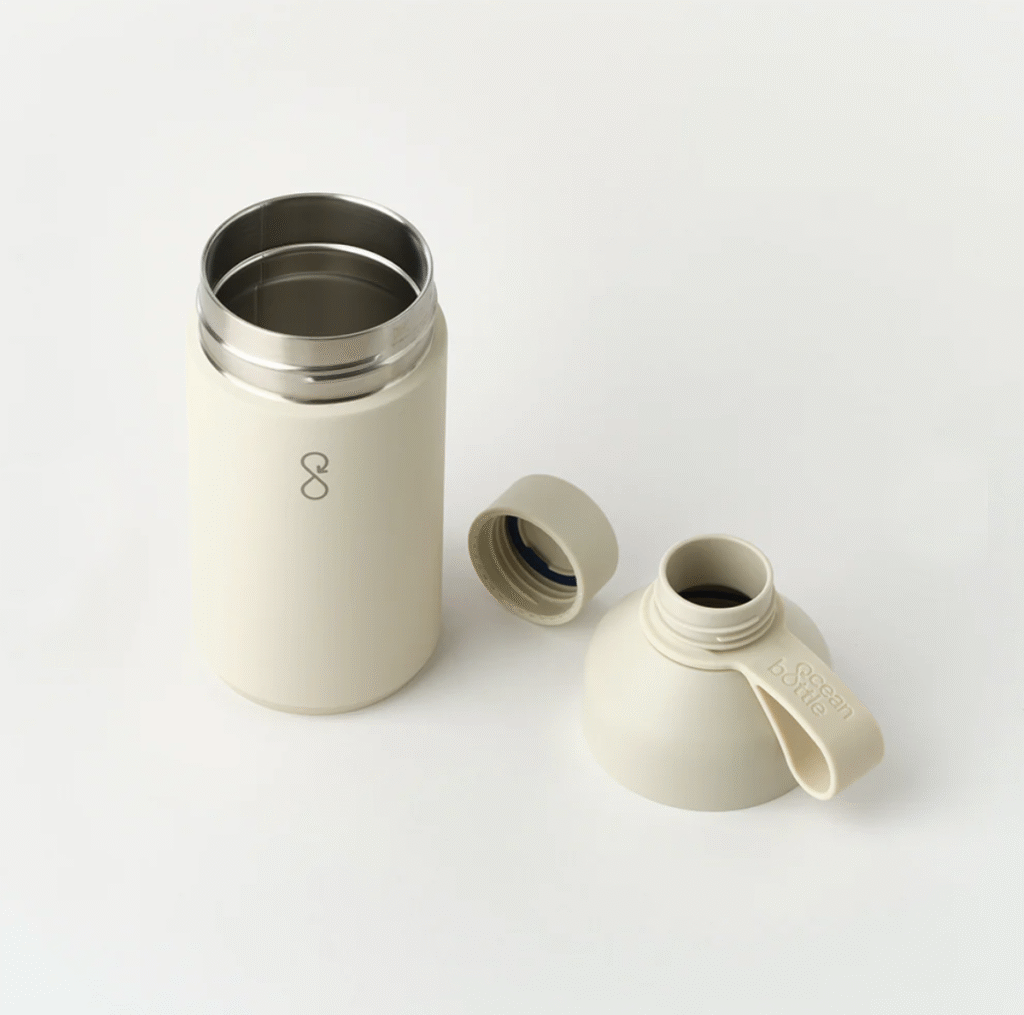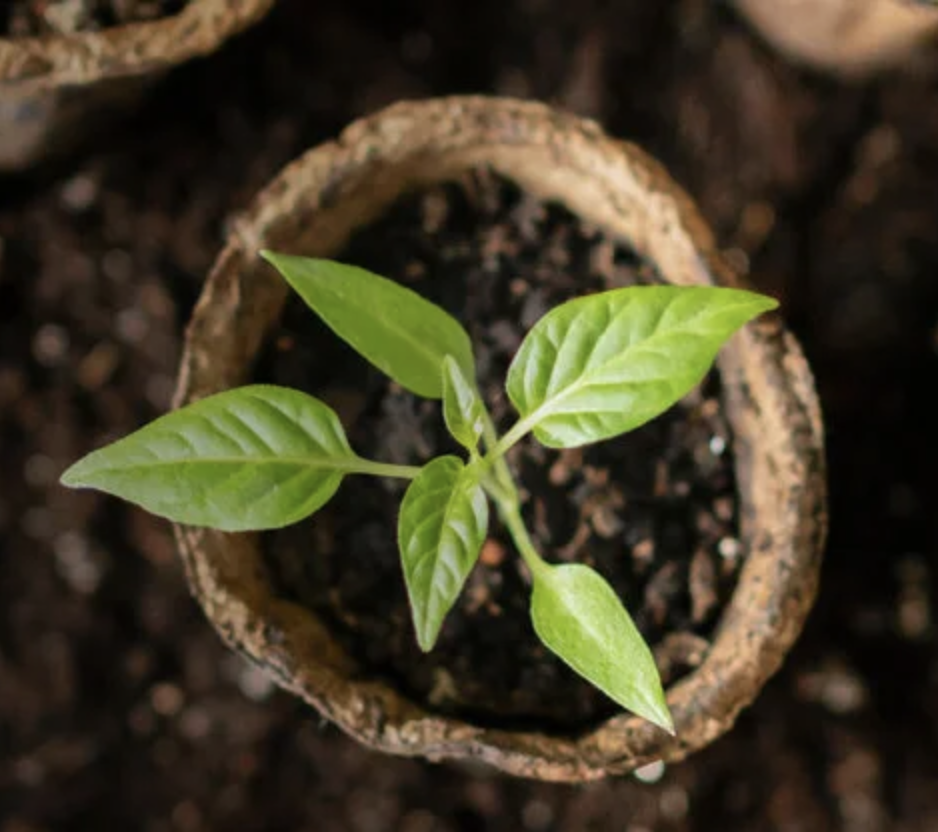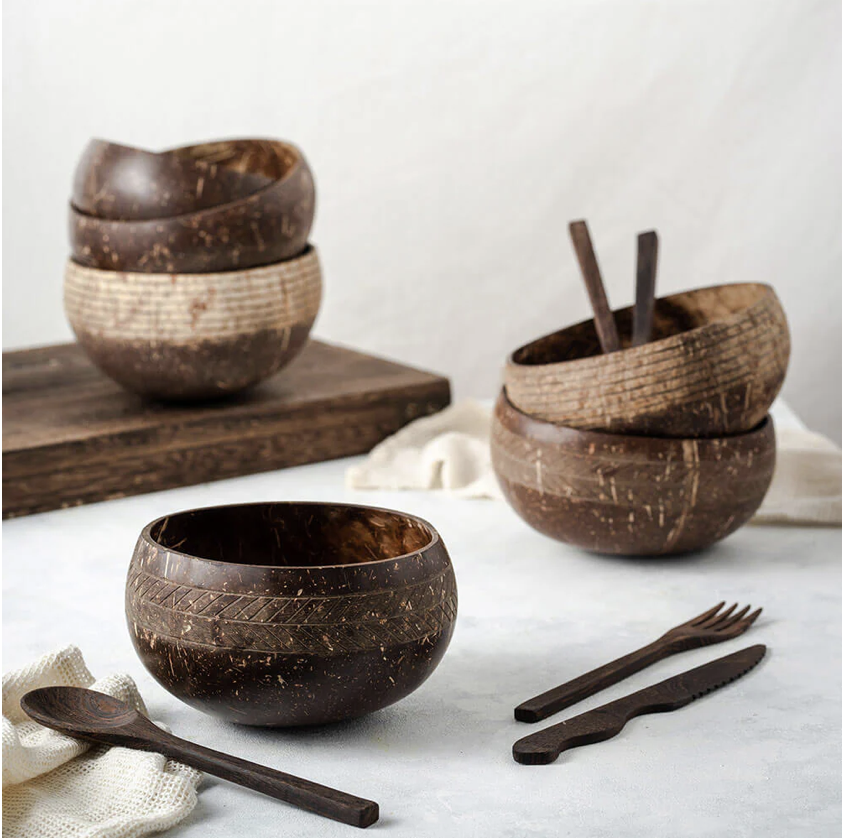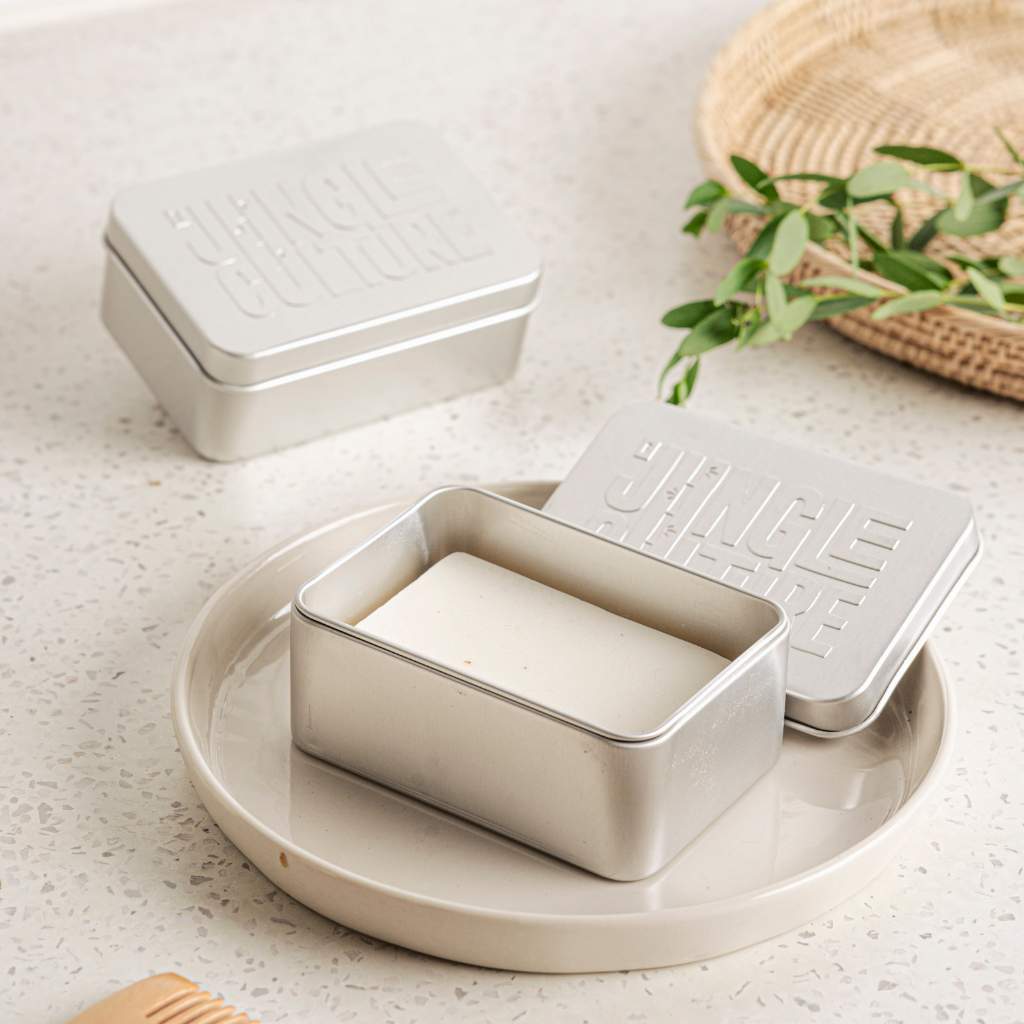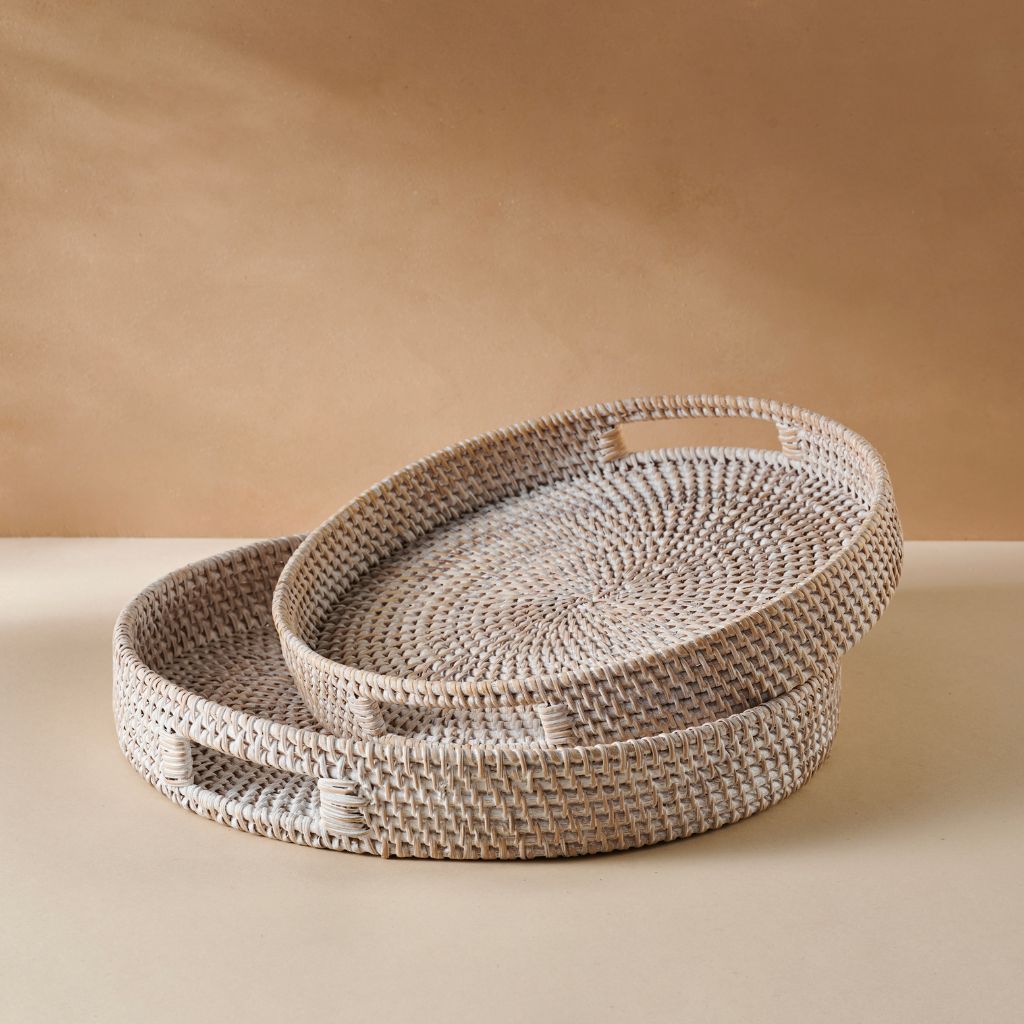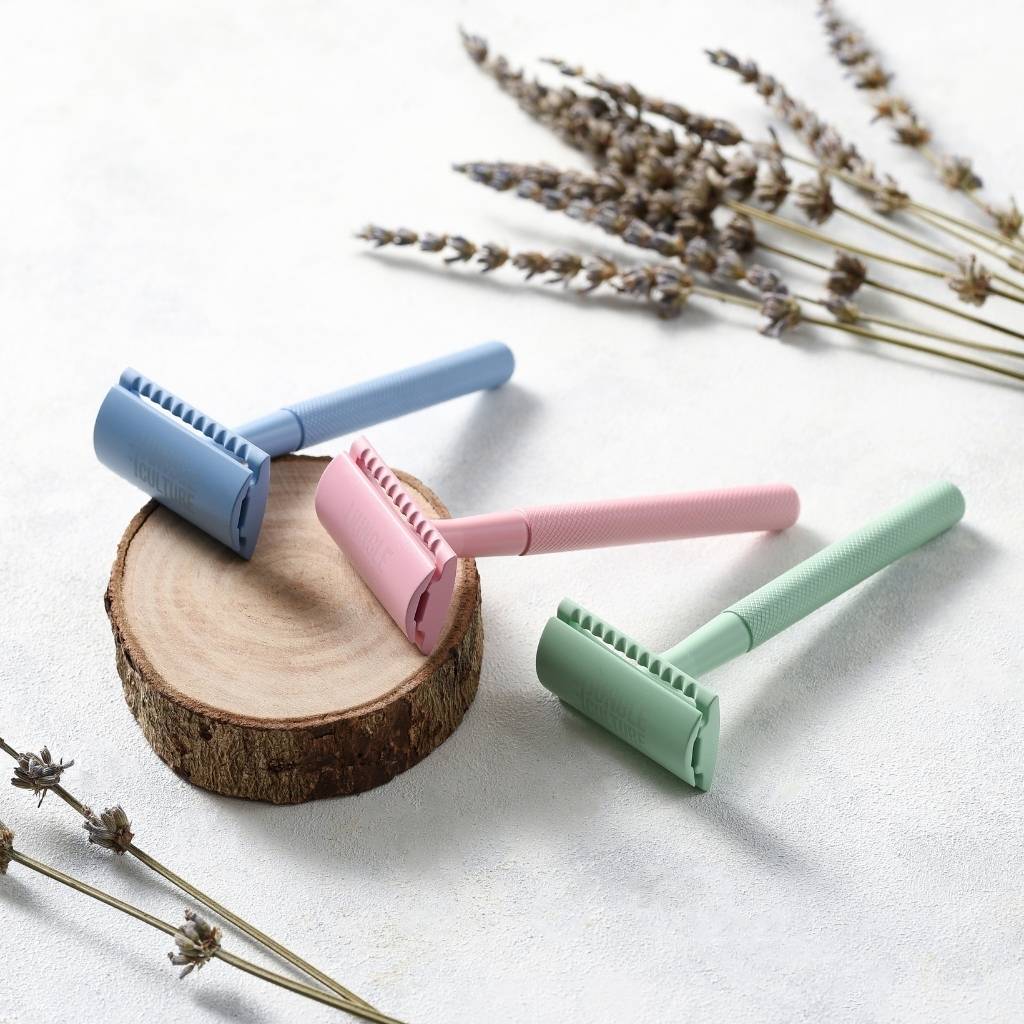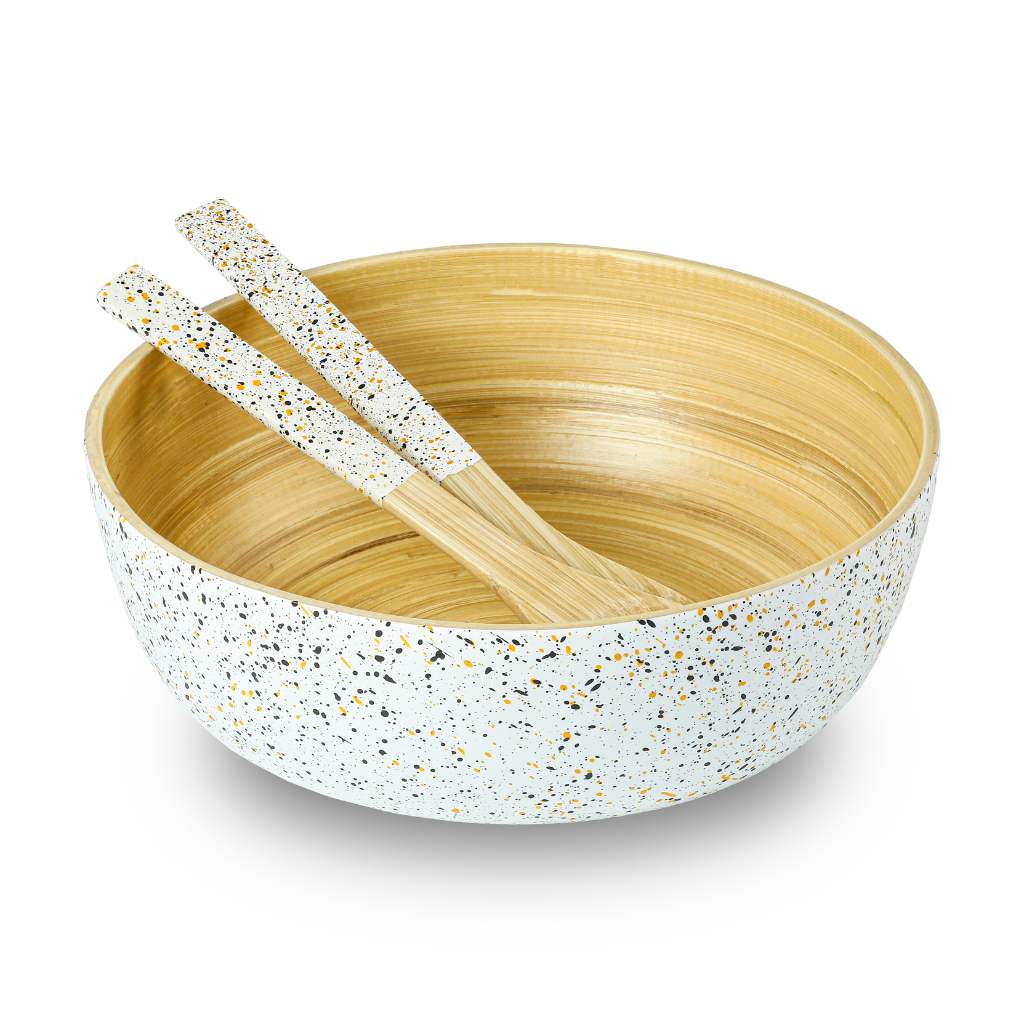Introduction to green gardening
Green gardening embodies a holistic approach to horticulture, emphasising sustainable practices that minimise environmental impact. By prioritising ecological balance and resource conservation, it offers a viable alternative to traditional gardening methods that often rely heavily on synthetic chemicals and non-renewable resources. At the heart of green gardening is the commitment to nurturing the land while simultaneously enhancing its health and biodiversity.
One of the principal tenets of green gardening is the avoidance of harmful substances. Traditional gardening frequently employs chemical fertilizers, pesticides, and herbicides that can leach into groundwater or harm local wildlife. In contrast, green gardening advocates for organic fertilizers and natural pest control methods, fostering a healthier ecosystem that supports beneficial insects and organisms. This not only cultivates a vibrant garden but also contributes to the preservation of natural habitats.
Another critical aspect of green gardening is the efficient use of resources. Practices such as rainwater harvesting and drip irrigation maximise water usage while minimising waste. Green gardeners are encouraged to try and lessen their carbon footprint, by utilising hand tools rather than mechanised ones and engaging in permaculture strategies that harmoniously integrate with local ecosystems.
An essential element of green gardening is the adoption of eco-friendly materials, such as peat-free coconut coir compost, which minimizes the damage caused by peat extraction. The transition towards these sustainable alternatives not only improves soil quality but also supports the global shift towards more responsible gardening practices. By embracing green gardening, individuals can contribute to a more sustainable future, promoting a healthier planet for generations to come.
Understanding peat and its environmental impact
Peat is an organic material that accumulates in waterlogged conditions, typically found in peat bogs and wetlands. Over thousands of years, the slow decomposition of plant material leads to the formation of peat, which has become a popular choice in gardening and horticulture due to its excellent moisture retention, aeration properties, and nutrient-rich nature. However, the reliance on peat in gardening practices raises significant environmental concerns.
The extraction of peat for commercial use causes considerable ecological stresses. When peat is harvested, it disrupts entire ecosystems, leading to habitat destruction for various species that depend on these unique environments. Wetlands play a critical role in biodiversity, and their degradation can result in the loss of flora and fauna, as well as interfering with local climates and water cycles. Moreover, these ecosystems serve as vital carbon sinks, sequestering carbon dioxide from the atmosphere. Disturbing peatlands releases stored carbon back into the air, contributing to greenhouse gas emissions and adding to the climate change challenge.
In addition to the loss of biodiversity and increased carbon emissions, peat extraction often involves significant land alteration, which can lead to soil degradation and erosion. The primary impacts of these environmental changes can be profound, affecting local communities that depend on surrounding natural resources. As global awareness of sustainability grows, there is an urgent need to adopt more responsible gardening practices that minimize harm to the environment.
Transitioning to peat-free alternatives such as coconut coir compost can help mitigate these detrimental effects. Coconut coir, a byproduct of the coconut industry, offers similar benefits to peat while promoting sustainable practices.
What is coconut coir compost?
Coconut coir compost is an organic growing medium derived from the fibrous husks of coconuts. This sustainable alternative to peat-based compost has gained popularity among gardeners and horticulturists due to its eco-friendly properties and superior performance in supporting plant growth. The production of coconut coir compost involves harvesting the coir fibers from mature coconuts, typically from coconut plantations in tropical regions. After the saturation of the husk in water to soften it, the fibers are extracted, processed, and then transformed into a nutrient-rich substrate suitable for planting.
One of the standout characteristics of coconut coir is its remarkable moisture retention capacity. It can hold water up to eight times its weight while still providing an ideal balance of moisture and air for root development. This high moisture retention makes coir an excellent choice for gardeners, particularly in arid climates or for those looking to conserve water. Furthermore, coconut coir provides excellent aeration, allowing for optimum oxygen exchange, a crucial factor for healthy root growth. Unlike peat, which can become compacted and dense over time, coconut coir remains loose and well-aerated, promoting robust plant growth.
In addition to its functional benefits, coconut coir compost is also pH neutral, typically ranging between 5.5 to 6.8. This neutrality enables a wide variety of plants to thrive, as it does not adversely affect nutrient availability. The composition of coconut coir, which includes lignin and cellulose, facilitates the slow release of nutrients, making it a beneficial substrate for both seedlings and mature plants. Overall, by opting for coconut coir compost, gardeners not only support sustainable practices but also utilise a versatile and effective medium that enhances their gardening.
In summary, integrating coconut coir compost into your gardening can significantly enhance soil health. Its ability to improve soil structure, retain moisture, facilitate aeration, and support beneficial microbial activity makes it an invaluable resource for gardeners looking to cultivate vibrant and thriving plants.
Embracing sustainable gardening for a greener future
Ultimately, embracing green gardening principles is not only an investment in the health of our gardens but also in the wellbeing of our planet. By making informed choices and prioritizing sustainable materials such as coconut coir compost, we can collectively contribute to a greener future for generations to come.
Leading the way on coconut compost
Coco & Coir are passionate about promoting sustainable gardening.
Disclaimer This article contains affiliate links which may earn me commission if you click through and make a purchase, at no extra cost to you. 20% of any profit I make will go to good causes I support. Read more
